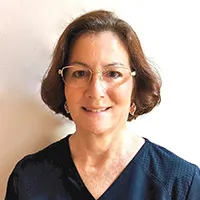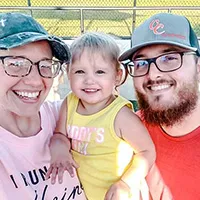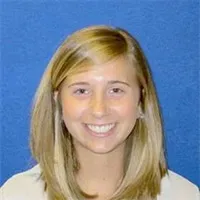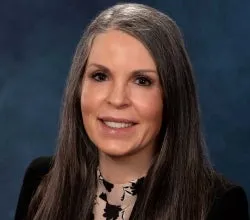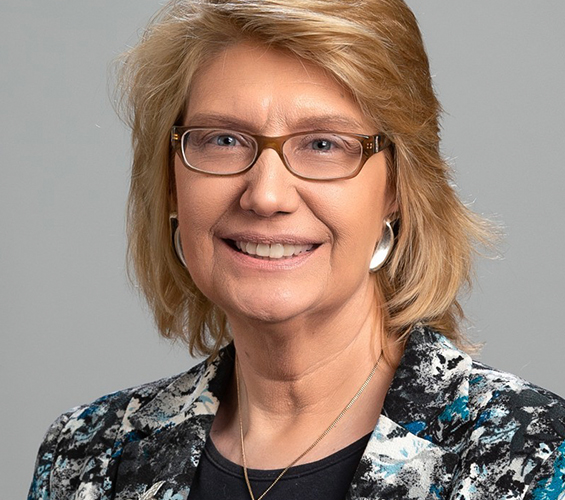Post-Graduate/APRN Certificate - Psychiatric/ Mental Health Nurse Practitioner (PMHNP)
Entrance points for the PMHNP concentration:
Meet the Great Demand for Mental Health Care
Mental health and physical health are inextricably connected — one can affect the other — yet nearly half of all Americans lack access to proper mental health care.* Designed for MSN- or DNP-prepared registered nurses, the post-master’s PMHNP online program from Wilkes University allows you to be part of the solution and meet the great demand for mental health care in our country.
Wilkes University’s online PMHNP certificate program provides the essential skills to complete comprehensive mental health assessments and provide individual, family and group psychotherapy to treat your patients properly and with compassion. You’ll develop competence in prescribing and monitoring medications used to treat complex psychiatric disorders and substance abuse.
With your post-master’s psychiatric nurse practitioner certificate, you’ll apply discerning knowledge and critical thinking to provide evidence-based mental and behavioral health care for patients of all ages, considering culturally diverse, rural and underserved populations.
*National Institute of Mental Health
Program Details
- $751 per credit hour
- 3 start dates per year
- 10 courses
- 1.67 years to complete
- 29 credit hours
- 500 clinical hours
State Authorizations
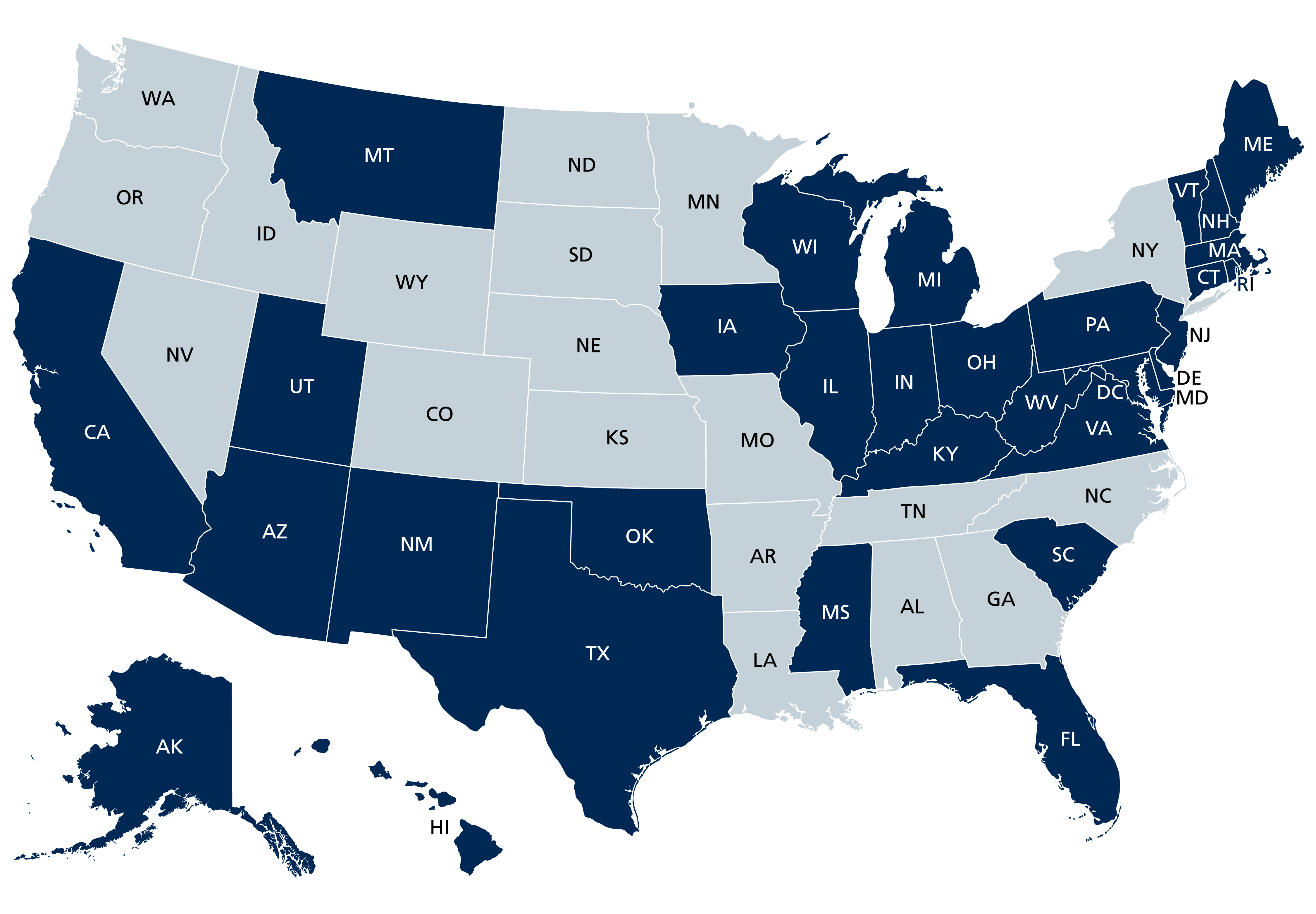
Admission Requirements
Applicants will be evaluated for admission based on the following criteria. These admissions standards represent the minimum eligibility requirements for this graduate-level program. Admission committee members reserve the right to request additional information from candidates, as needed, for a more in-depth review of qualifications.
- MSN or DNP degree with a 3.0 GPA
- Unencumbered RN license*
- Current resume
Please note that prior to beginning and continuing in any of the nursing programs with Wilkes University, you must be located in an authorized state and be licensed in the state where you intend to complete your clinical activities, per that state’s clinical requirements. Your location (which may be your state of residency) and clinical activity do not need to be in the same state, as long as Wilkes is authorized in both states.
*Applications presenting a history of disciplinary action on professional licenses will be subject to an additional review by the Special Licensure Discrepancy Committee of the University.
* The baccalaureate degree in nursing/master's degree in nursing/ Doctor of Nursing Practice and post-graduate/APRN certificate programs at Wilkes University are accredited by the Commission on Collegiate Nursing Education (www.ccneaccreditation.org)
Stress Less with Clinical Placement Support
Clinical practicums are an exciting opportunity for students to apply what they’ve learned in real-world settings. However, finding a local placement can be challenging, requiring significant time and effort to identify and secure clinical sites and preceptors.
We aim to take the stress out of the process by offering built-in clinical placement support—at no additional cost. Our team works diligently to secure high-quality placements that align with your goals and program guidelines, so you can focus on building your competencies as a nurse practitioner, not on navigating logistics.
Wilkes nurses have found success at leading healthcare providers including:
- Gelsinger
- Lehigh Valley Health Network
- St. Luke’s Health Network
While we cannot guarantee every clinical placement, our success rates consistently exceed the national average—highlighting our commitment to making the process as seamless as possible.
What Will You Learn During Clinicals?
Clinical placements are a cornerstone of the Wilkes Post-Graduate/APRN Certificate program, offering students hands-on opportunities to apply advanced nursing skills in real-world settings. You’ll develop expertise in conducting comprehensive patient assessments, creating evidence-based care plans, managing chronic conditions, promoting wellness, and more.
Clinicals also emphasize leadership, teamwork, and patient-centered care, with opportunities to collaborate across disciplines and advocate. By the end of your clinical experience, you’ll be prepared to deliver specialized, high-quality care as a confident nurse practitioner.
As a Post-Grad/APRN student, here’s what you can expect during clinicals:
- Experience diverse healthcare settings, from hospitals to community clinics.
- Work with varied patient populations that align with your goals.
- Receive personalized support from Wilkes faculty, your Student Success Coach, and an on-site preceptor.
- Gain 1:1 mentorship to enhance your clinical expertise and confidence.
- Build valuable professional networks within your chosen specialty.
Sample Curriculum
Post-Graduate/APRN Certificate — Psychiatric/Mental Health
To see the full program curriculum, access your free program guide.
Time to Complete
1.67 years
Courses
11 Courses
Clinical Hours
500 Hours
This course provides a foundation for the major systems of therapy for individuals and groups used in advanced psychiatric mental health nursing and other disciplines engaged in mental health practice. A key focus of this course will be on therapeutic modalities, such as brief psychotherapy, group processes and practices, milieu therapy, and crisis intervention, as they relate to advanced nursing practice in mental health (Prerequisites: NSG 500, NSG 550, NSG 552; Credits: 3).
This course provides a foundation for the major systems of therapy for individuals and groups used in advanced psychiatric mental health nursing and other disciplines engaged in mental health practice. A key focus of this course will be on therapeutic modalities, such as brief psychotherapy, group processes and practices, milieu therapy, and crisis intervention, as they relate to advanced nursing practice in mental health (Prerequisites: NSG 500, NSG 550, NSG 552; Credits: 3).
This foundational clinical course introduces students to advanced practice psychiatric nursing in a variety of mental health settings. Students will acquire skills in completing comprehensive mental health assessments, and will be able to identify and apply concepts, theories, and principles to the practice of individual, family, and group psychotherapy, with an emphasis on process dynamics. Considerations and challenges in providing psychotherapy to culturally diverse individuals, families, and groups are also explored and discussed. Skills will be developed in assessing psychopathological symptoms across the lifespan and in implementing planned interventions, as well as requiring students to integrate theory and practice of the advanced practice psychiatric nurse in a supervised clinical practicum (Prerequisites: NSG 500, NSG 550, NSG 552; Total: residency and 250 practice hours; Credits: 3).
This clinical course focuses on refining the assessment, diagnosis, and pharmacological and psychosocial management of individuals of all ages with mental illness. Individual, family, and group psychotherapies will also be refined. Students will gain skills in identifying individuals/populations at risk of mental illness and primary prevention in mental health. The mental health needs of culturally diverse, rural, and underserved populations will also be explored. Leadership and advocacy roles of the advanced practice psychiatric nurse as an agent of healthcare policy change are emphasized, and students will be required to integrate theory and practice of the advanced practice psychiatric nurse in a supervised clinical practicum (Prerequisites: NSG 526, NSG 535; Total: residency and 250 practice hours; Credits: 3).
This course is designed to assist the P.M.H. nurse practitioner in developing competencies in prescribing and monitoring psychopharmacological agents used in the treatment of common psychiatric/mental health disorders across the lifespan. In addition, this course will examine the effects of major classes of psychopharmacological agents on neurobiological function with a particular emphasis on the clinical management of target psychiatric symptoms. Drugs of abuse, side-effects, issues of polypharmacy, and the management of advanced practice prescriptive privileges will also be explored (Prerequisite: NSG 533; Credits: 3).
Get More Program Details
- Applications are currently being accepted for next intake
How do Wilkes nurses demonstrate excellence?
By translating their knowledge into success on certification exams—proving they are confident and competent when it matters most. The table below highlights certification pass rates for Wilkes nurses across NP tracks, consistently exceeding national averages in recent years.
| YEAR 2023 | ||
|---|---|---|
| Program | Certification Pass Rate: All Takers | National Pass Rate |
| Psychiatric/Mental Health Nurse Practitioner (PMHNP) | 95.4% | 90% |
| Family Nurse Practitioner (FNP) | 84% | *74% |
| Adult-Gerontology Primary Care Nurse Practitioner (AGPCNP) | 91.6% | 80% |
*AANP National Pass Rate 2022, most recent data available
Read More About Wilkes Online APRN Programs

Preparing for Licensure Exams: Strategies for Online Students
Preparing for licensure exams is crucial for nursing students, including those in online programs. Success comes from joining study groups, following structured study plans, and utilizing resources… Read More
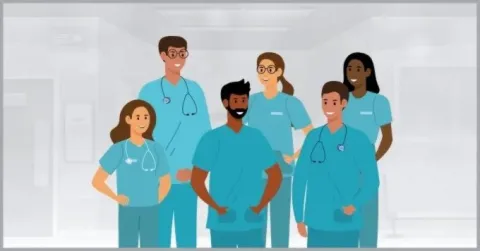
Cultural Competence in Nursing
What is cultural competence in nursing, and how does it benefit clinicians and their patients? Learn about the importance of cultural competence in nursing. Read More

What is a Post Master’s Certificate and Why Should I Get One?
Let’s go over what a post-master’s certificate in nursing is, the basic types of certificates available, and the possible benefits of pursuing one. Read More











